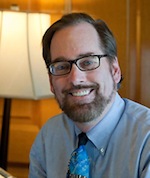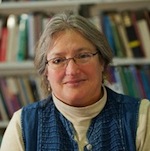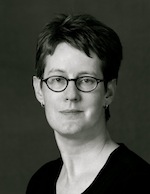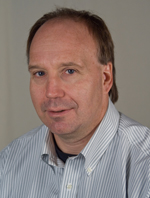
Daniel H. Krymkowski, Associate Dean of the College of Arts and Sciences and Professor of Sociology
In his classic book, The Sociological Imagination, C. Wright Mills coined the phrase “abstracted empiricism” to describe research in the social sciences that failed to address important theoretical issues. Although it has been more than half a century since this book was published, far too much current research remains in this category. Professor Krymkowski critiques modern examples of “abstracted empiricism.” discusses how social scientific investigations should be conducted, and provides an illustration of such research from his current work on ethnic and racial differences in outdoor recreation.
Video (MP4) VERY LARGE FILE!
Audio (MP3)
A mathematical sociologist with a Ph.D. from the University of Wisconsin-Madison, Professor Krymkowski’s current research focuses on class, ethnic, gender, and racial inequality in the contemporary United States. Recently published articles feature collaborative work with Professor Beth Mintz in the Department of Sociology and Professor Robert Manning in the Rubenstein School of Environment and Natural Resources. These papers have appeared in Evaluation Review, International Journal of Sociology, Leisure Sciences, Race and Social Problems, Research on Social Stratification and Mobility, and The Sociological Quarterly.
The College of Arts and Sciences Full Professor Lecture Series was designed to give newly promoted faculty an opportunity to share with the university community a single piece of research or overview of research trajectory meant to capture the spark of intellectual excitement that has resulted in their achieving full professor rank. The next lecture in this series will be presented by Dona Brown (Department of History).










